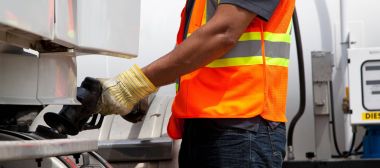The Internet of Things (IoT) is responsible for exceptional advances regarding remote work....
Asset tracking systems are an integral part of inventory management, and the latest technological advancements in...
Internet of Things (IoT) devices are nearly everywhere, yet a vast number of people are unfamiliar...
Fuel is very important for trucking companies. Without it, you cannot conduct your business. It is,...
Every fleet manager needs to safeguard assets, which include fleets and drivers. All fleet movements have...
We're in a new age where communication and management of workspaces can now be performed remotely....





